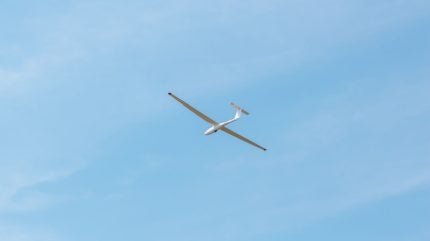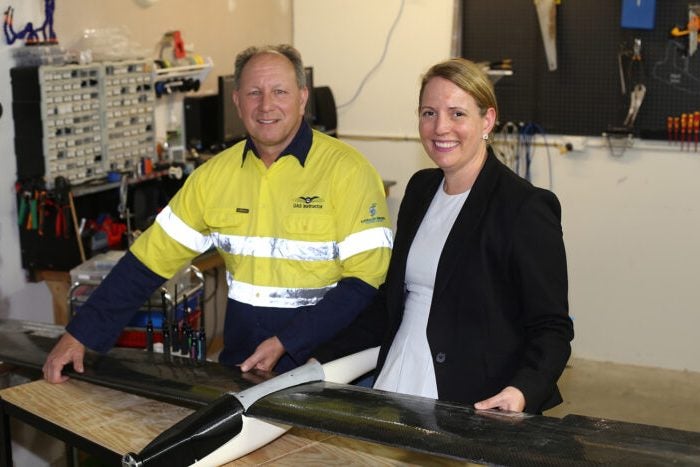
A V-TOL Aerospace-led project developing a solar-powered fixed-wing drone has been granted A$1.35m ($900m) from the Australian Government.
The Pegasus programme is a joint development project between V-TOL, battery developer Li-S Energy, and solar cell manufacturer Halocell, working on two drone designs for ‘dawn to dusk’ and weeks-long deployments.

Discover B2B Marketing That Performs
Combine business intelligence and editorial excellence to reach engaged professionals across 36 leading media platforms.
Mark Xavier, V-TOL’s managing director, said: “Winning this grant is a significant acknowledgement by Government that the work V-TOL, Li-S Energy, and HaloCell are conducting is of national importance.
“This exciting opportunity will enable our sovereign technology collaboration to design, develop and manufacture a family of world leading sustainable drones.”
The federal government funding will go towards the development of the Pegasus I drone, a small aircraft for low-level infrastructure surveillance that will be designed to stay in the air for 12-14 hours without recharging.

In addition to directly developing new drones, V-TOL highlighted the Pegasus project’s contribution to the advancement of long-range and long-duration ‘beyond the visual line of sight’ (BVLOS) solutions for unmanned aerial vehicles (UAV).

US Tariffs are shifting - will you react or anticipate?
Don’t let policy changes catch you off guard. Stay proactive with real-time data and expert analysis.
By GlobalDataLee Finniear, CEO of Li-S Energy, described the funding as an “exciting opportunity” for the project to “demonstrate how our advanced, lightweight lithium sulphur and lithium metal batteries can extend UAV flight times and mission capability.”
Alongside the Pegasus I, the joint project also previously said it would develop a Pegasus II drone for weeks or months long flights at a high altitude which could be used for large-area and ongoing environment monitoring deployments.
Australia’s backing of the project comes only a month after US regulator the Federal Aviation Administration approved a BVLOS large drone for commercial flights for the first time after certifying the AiRanger from American Aerospace Technologies.





